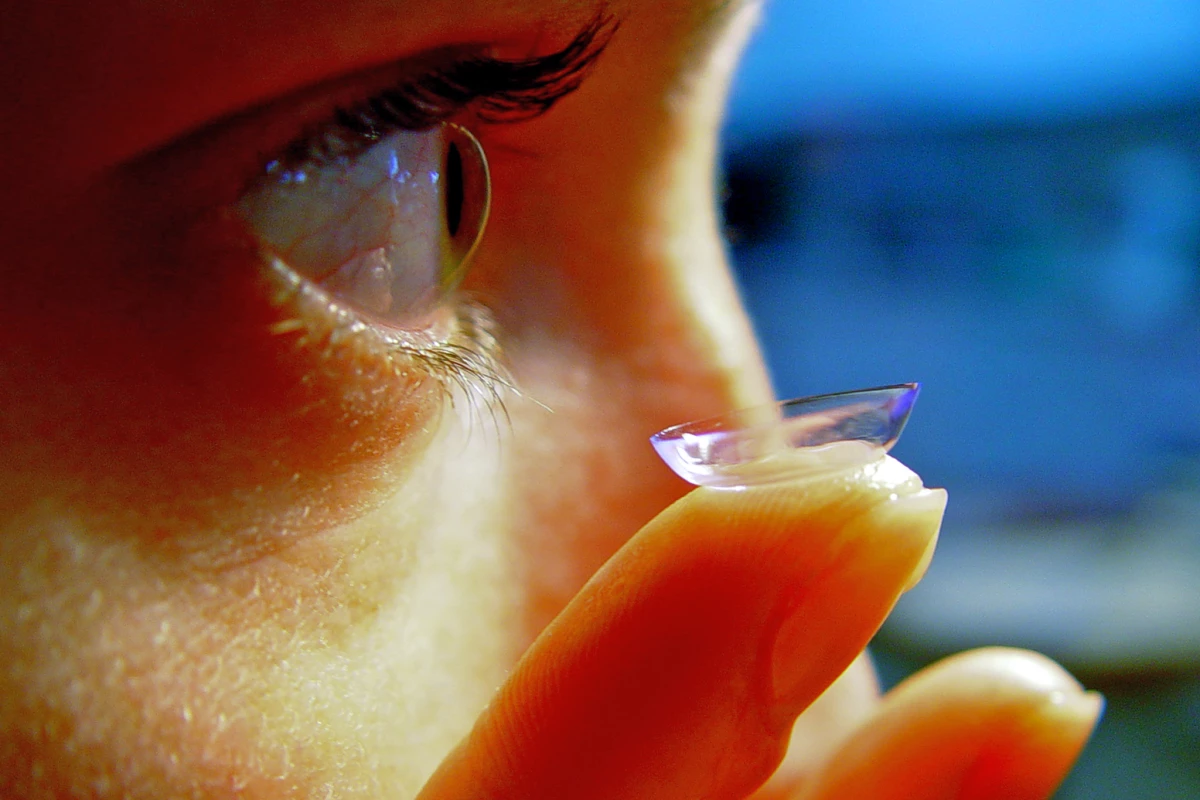We have seen some interesting and innovative medical uses for contact lenses recently, including dispensing drugs and even stem cells to help restore sight. The latest medical breakthrough - contact lenses that change color when glucose levels vary – could signal the end of the sometimes painful and inconvenient process of drawing and monitoring blood throughout the day... a welcome relief for most diabetes sufferers.
Professor Jin Zhang, a Chemical and Biochemical Engineering professor from the University of Western Ontario, developed the technology which uses engineered nanoparticles embedded into hydrogel lenses. The nanoparticles are engineered to react with the glucose molecules contained in tears. When sugar levels rise or fall, a chemical reaction causes the lens to change color, allowing the wearer to adjust their glucose accordingly.
On December 16 Zhang was granted $216,342 from the Canada Foundation for Innovation (CFI) to continue his work with multifunctional nanocomposites.
Nanocomposites can also be used in many applications, including the food industry. For example, using nanocomposite films in the packaging of fresh meats and other foods can keep oxygen, carbon dioxide and moisture from the food, or measure the pathogenic contamination or even make food packaging biodegradable.
Western News via Ecouterre .





